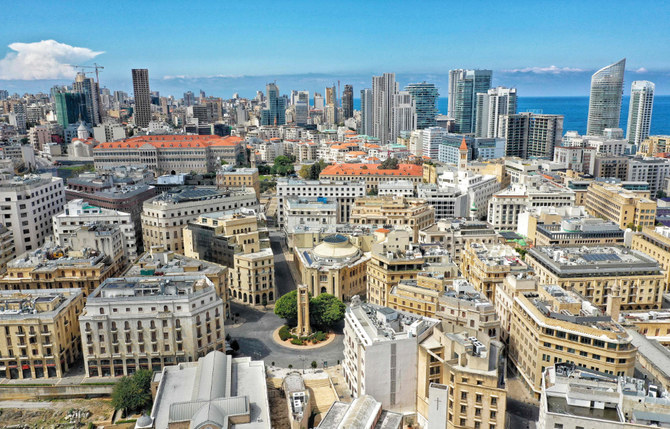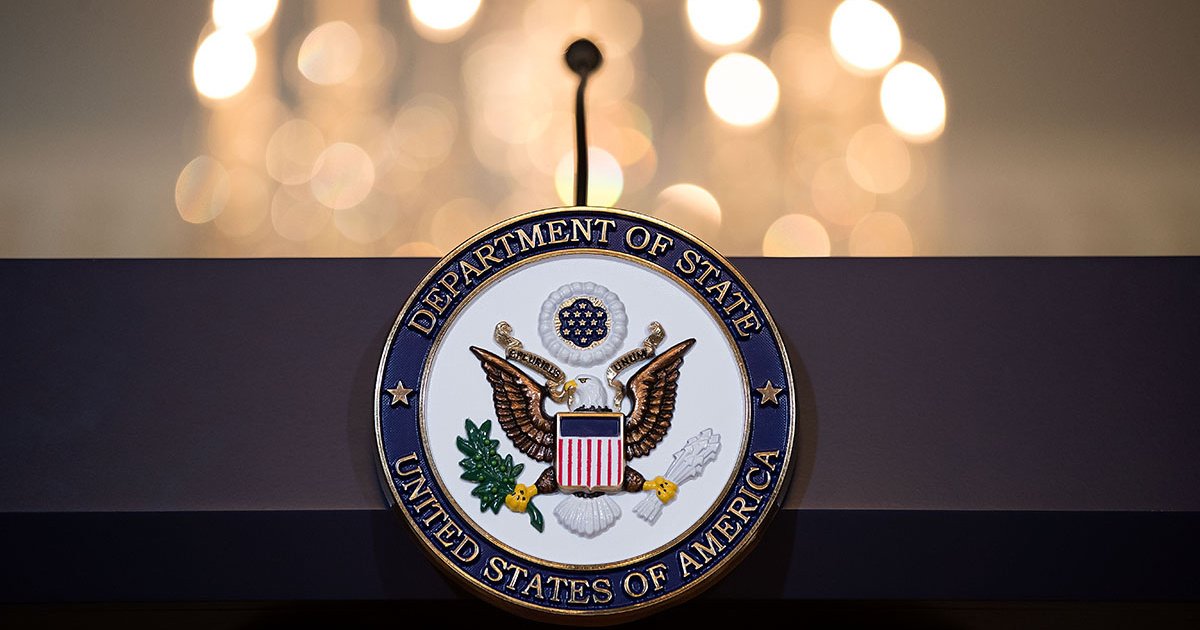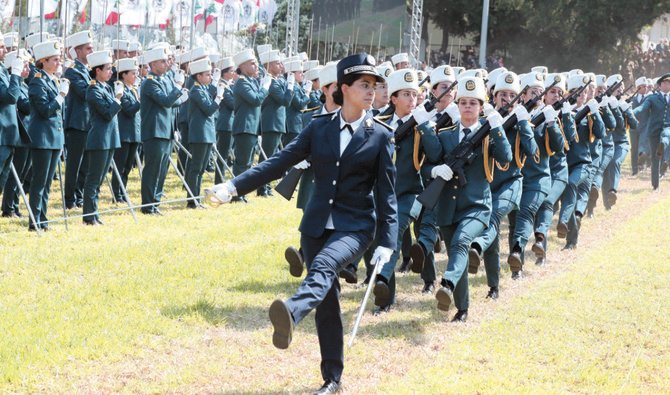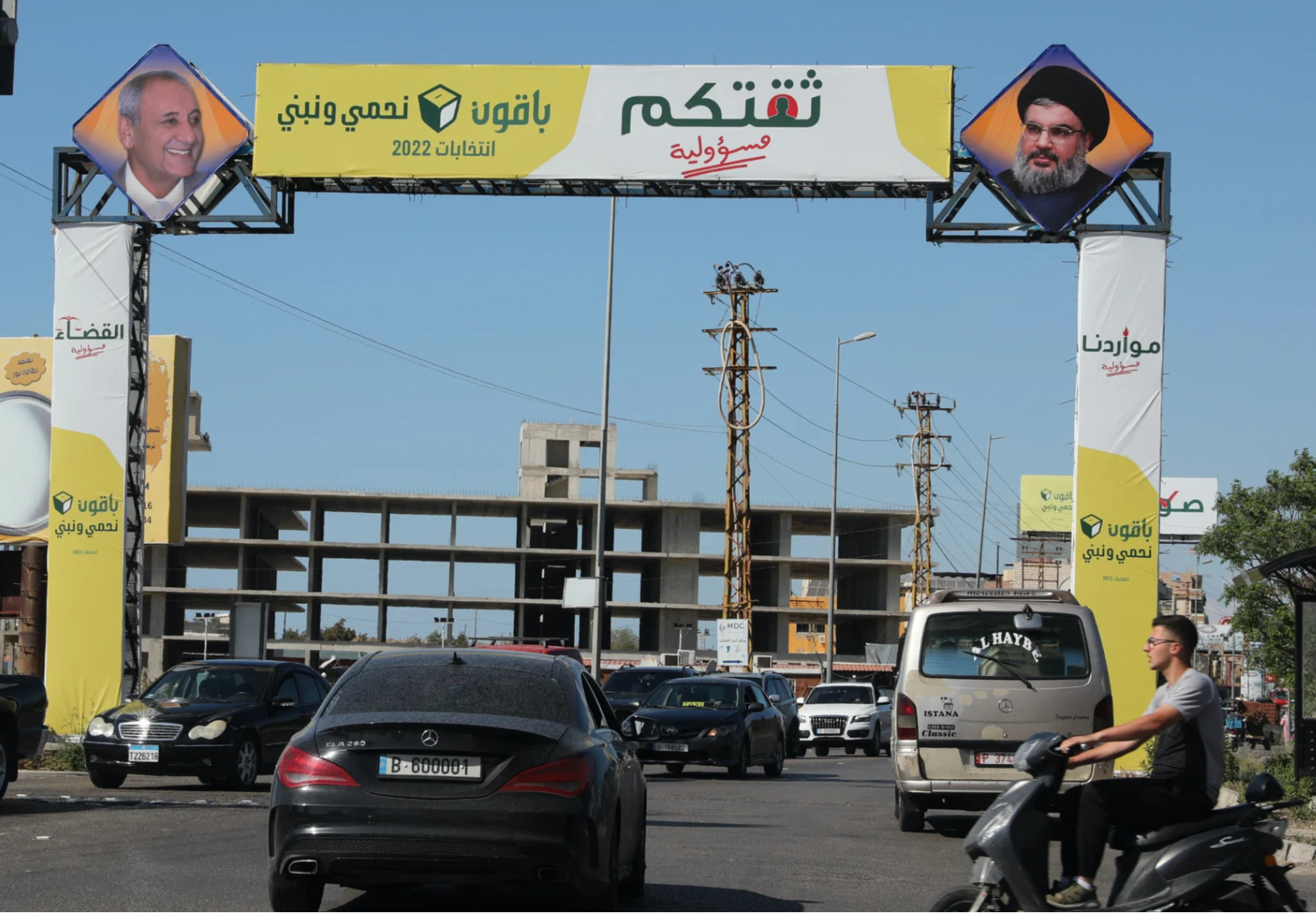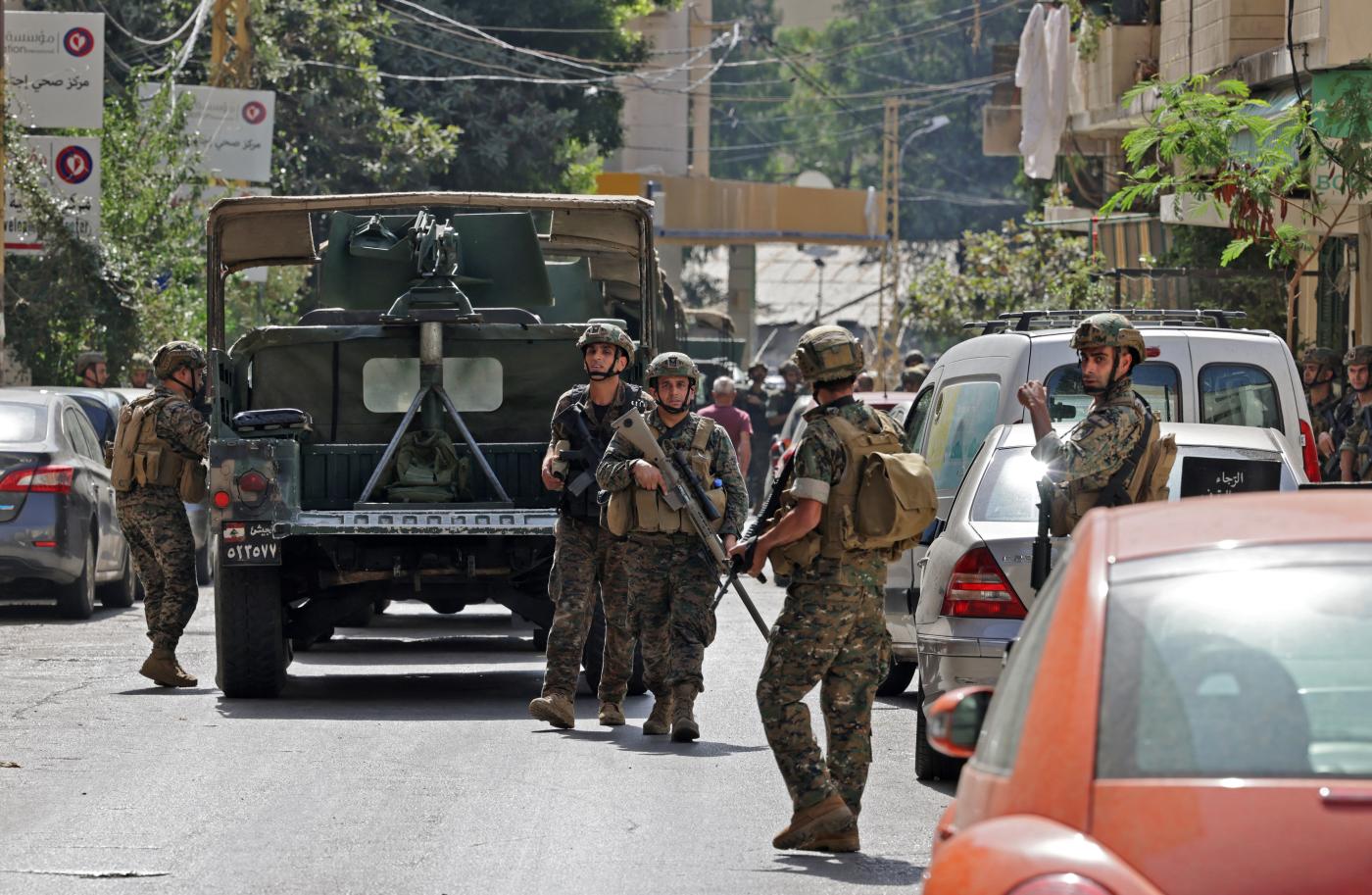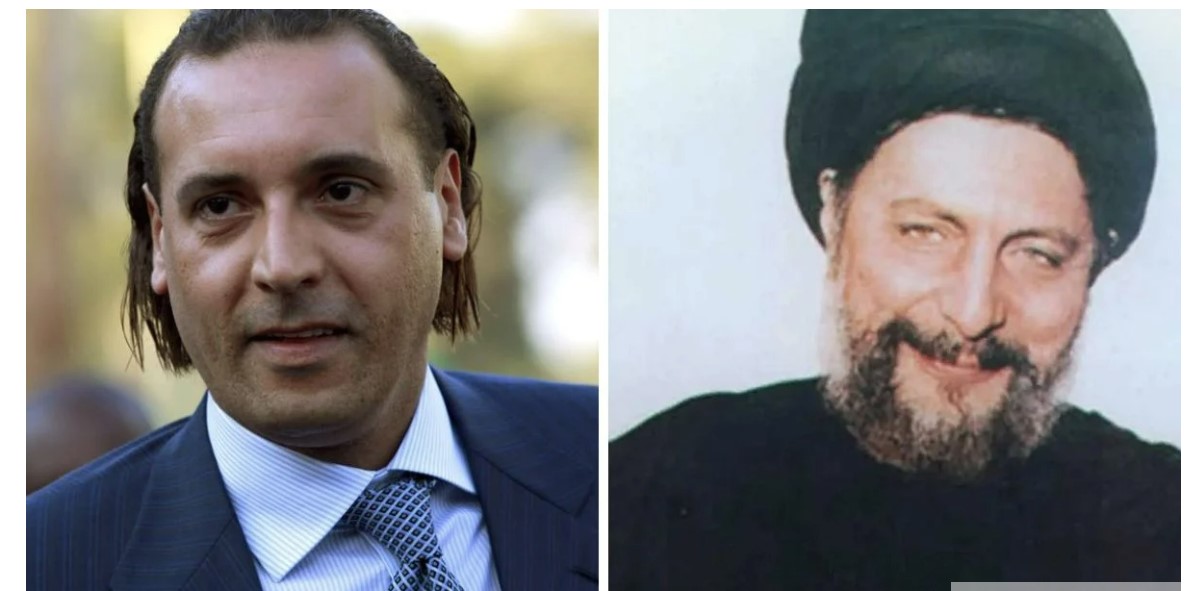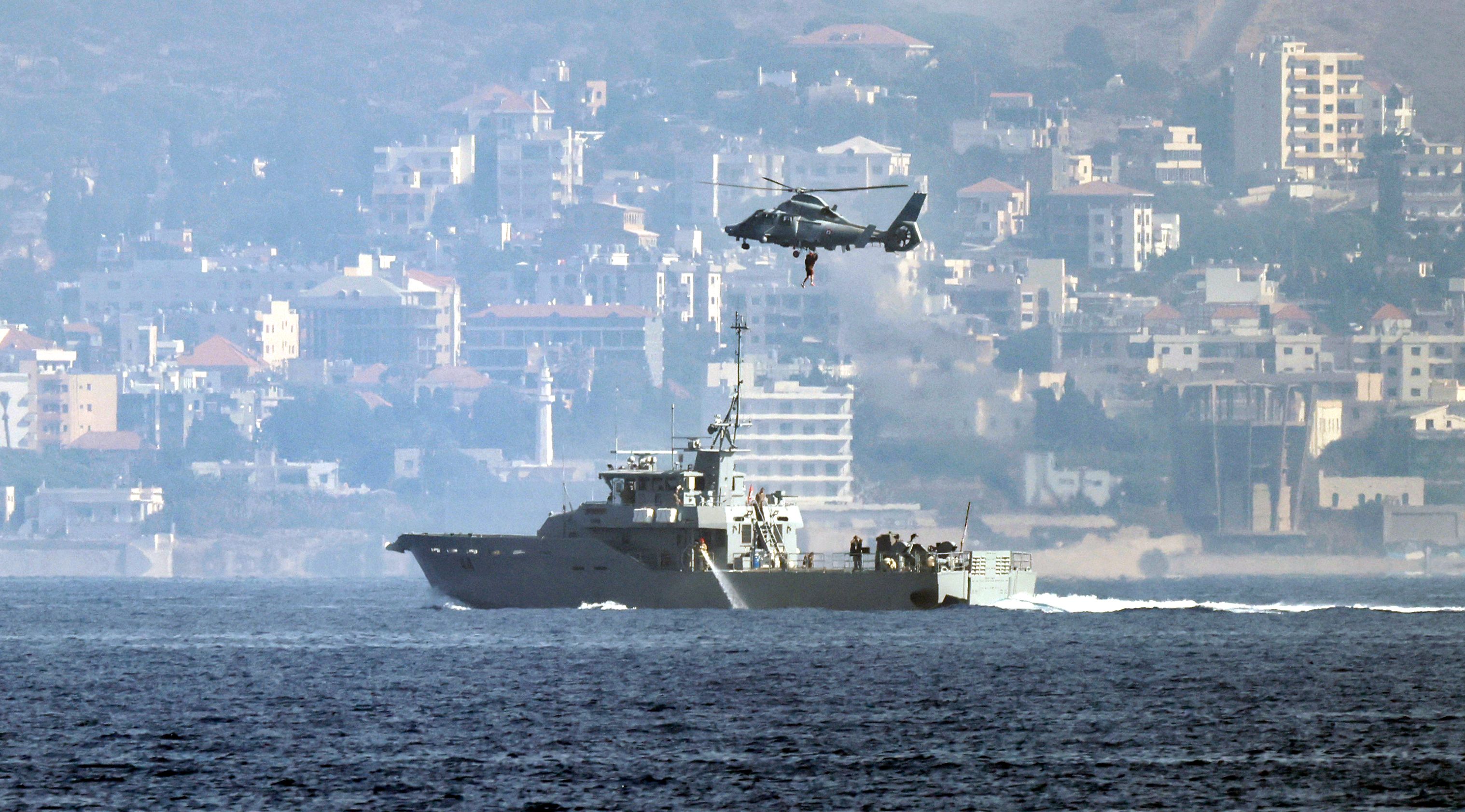
by Arab news – Najia Houssari –– BEIRUT: Total Energies, along with its partners Eni and QatarEnergy, on Tuesday launched exploration activities in Block 9 within Lebanon’s territorial waters. The companies are searching for commercial quantities of gas and oil that Lebanon is pinning its hopes on to revive its collapsing economy. The drilling is set to start on Aug. 24, as announced by Energy Minister Walid Fayad. Prime Minister Najib Mikati and Parliament Speaker Nabih Berri visited the drilling platform Transocean Barents, accompanied by Fayad and Minister of Public Works and Transport Ali Hamieh, as well as Lebanese petroleum officials to attend a ceremony to announce the exploration. Platform 9 is located about 120 km from Beirut.
During the visit, Lebanese officials were briefed on preparations for the drilling. Berri and Mikati toured the drilling platform to oversee the logistics for the oil and gas exploration in Block 9 within Lebanon’s territorial waters. Berri said he hoped that “in a few months, God would bless Lebanon with a flow of his grace, marking the beginning of solving the economic crisis that Lebanon and its people are experiencing,” and that the Lebanese would reach a consensus on electing a president who would initiate a political solution. Mikati said he wished that “the upcoming days bring signs of good fortune to help Lebanon address the numerous crises it is facing, and that everyone cooperates in the upcoming phase to halt the deterioration we are witnessing on all fronts.”
